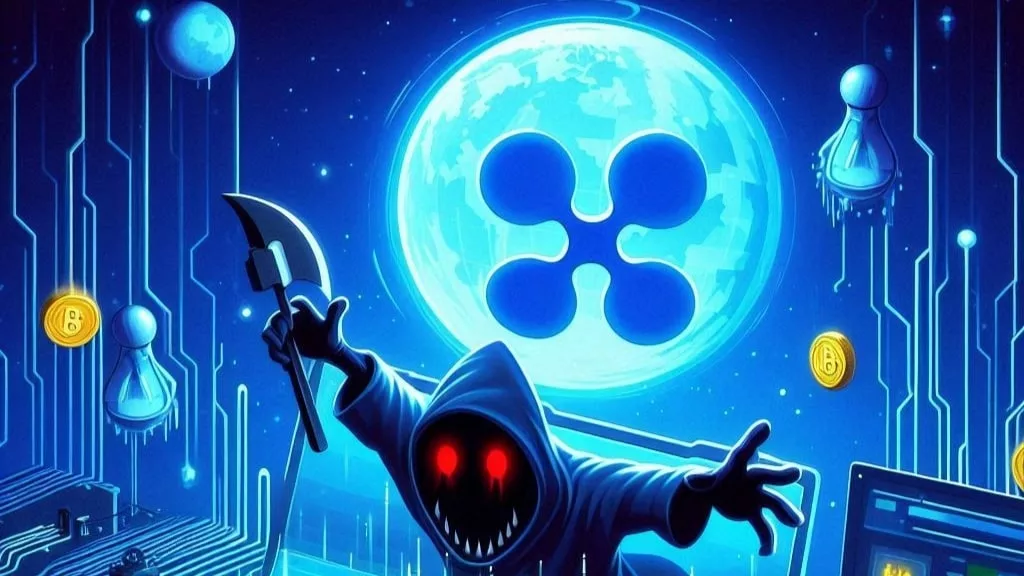
An ETF is a financial product that tracks the value of an asset or a group of assets and can be traded on traditional stock exchanges. In the case of a Solana ETF, the fund would track the performance of Solana’s cryptocurrency. However, gaining approval for an ETF involves navigating a complex regulatory landscape, particularly in the United States.
The SEC, which oversees the approval of ETFs in the US, has a stringent approval process to ensure that any new financial product meets high regulatory standards. This process includes evaluating the asset’s compliance with financial regulations, its market demand, liquidity, and custody solutions.
1. Regulatory Compliance
Regulatory compliance is a major hurdle for Solana. The SEC has previously classified Solana as a security, which complicates the approval process compared to cryptocurrencies like Bitcoin and Ethereum, which have successfully received ETF approvals. For Solana to gain approval, it must prove adherence to stringent financial regulations, including:
Meeting these requirements will reassure the SEC of the asset’s legitimacy and security.
2. Demonstrating Market Demand
The SEC assesses the demand for an ETF by looking at the asset’s market maturity and investor interest. Solana must provide evidence of substantial demand from both institutional and retail investors. This can be shown through:
3. Securing Custody Solutions
Custody solutions are critical for managing and protecting the underlying assets of the ETF. Solana must ensure that it has secure and reliable custody solutions in place. This involves:
4. Ensuring Liquidity
High liquidity is essential for the success of any ETF. Solana must demonstrate that it can handle large transactions without causing significant price fluctuations. Key indicators include:
5. Transparency and Reporting
Transparency is crucial for gaining investor trust and regulatory approval. Solana must ensure regular and accurate reporting on:
Solana’s path to ETF approval in the US is influenced by its successes in other global markets. Recent developments highlight the growing acceptance of Solana-based financial products:
For Solana to secure ETF approval in the US, it must address several ongoing challenges:
The journey towards Solana ETF approval is complex but promising. Solana must overcome regulatory hurdles, demonstrate strong market demand, ensure secure custody solutions, maintain high liquidity, and uphold transparency standards. The positive developments in international markets provide a hopeful backdrop for Solana’s bid for a US ETF approval.


Get the latest Crypto & Blockchain News in your inbox.